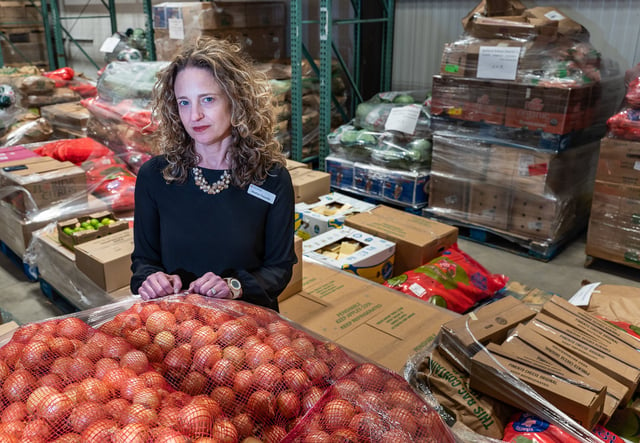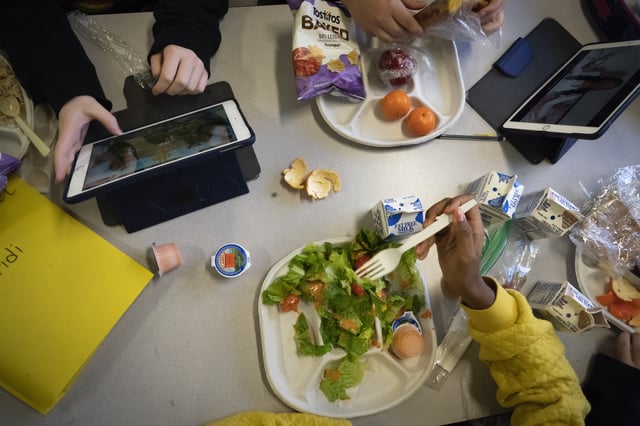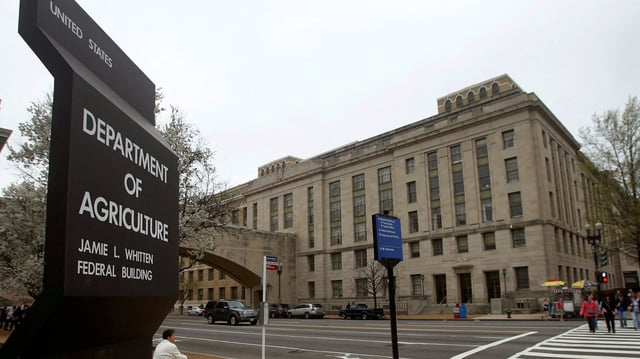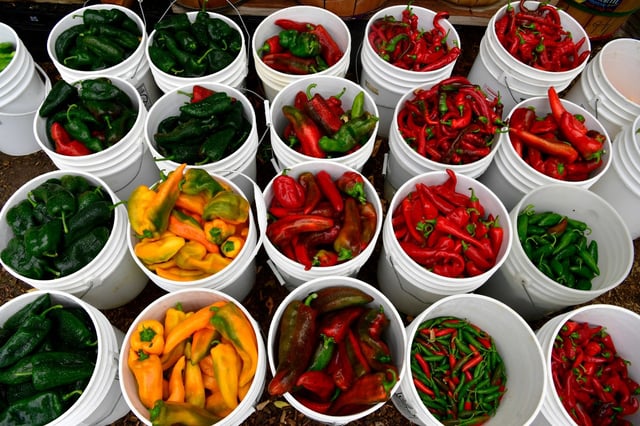Overview
- The USDA has eliminated two programs providing over $1 billion in funding for schools and food banks to purchase food from local farmers and suppliers.
- The Local Food for Schools program, which allocated $660 million to schools and childcare centers, and the Local Food Purchase Assistance program, which supported food banks, have been discontinued.
- The cuts will affect millions of children who rely on free or reduced-cost school meals, as well as families turning to food banks amid rising grocery costs.
- Farmers who depended on these programs for stable income and local market access face significant challenges in finding alternative buyers for their produce.
- The USDA justified the decision as a move toward fiscal responsibility, while critics argue the cuts undermine food security and harm vulnerable communities.



